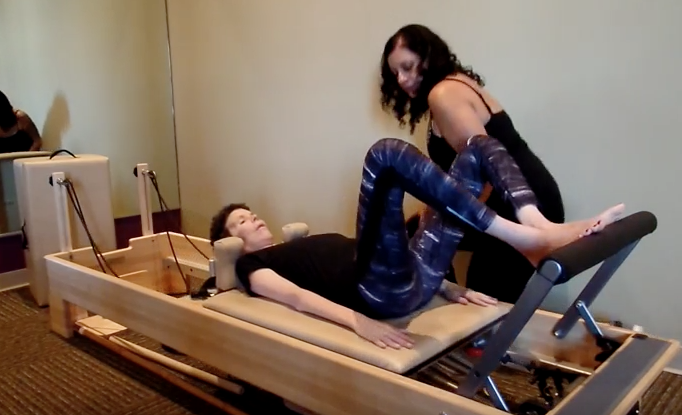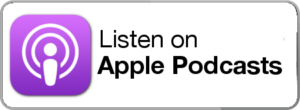What do you do as a patient with a progressive health condition that renders you unable to do certain tasks? Do you ask for assistance or find a work-around to accommodate for that situation? Once…
Pilates: Core Strength, Alignment, Pain Relief, and Neural Reconnection
- October 6, 2019
- Tagged as: breath awareness, core muscles, exercise, Feldenkreis, foot drop, Franklin Method, hip, independence, mindfulness, movement therapy, myotonic dystrophy, neural connectivity, pain, Parkinson's disease, physical therapy, Pilates, proprioception, PTSD, scoliosis, trauma, yoga
Practicing Pilates can be done on a mat or with any number of devices such as the Reformer. Shannon Knorr, a yoga and Pilates instructor, talks about therapeutic Pilates to help with body alignment, pain…

